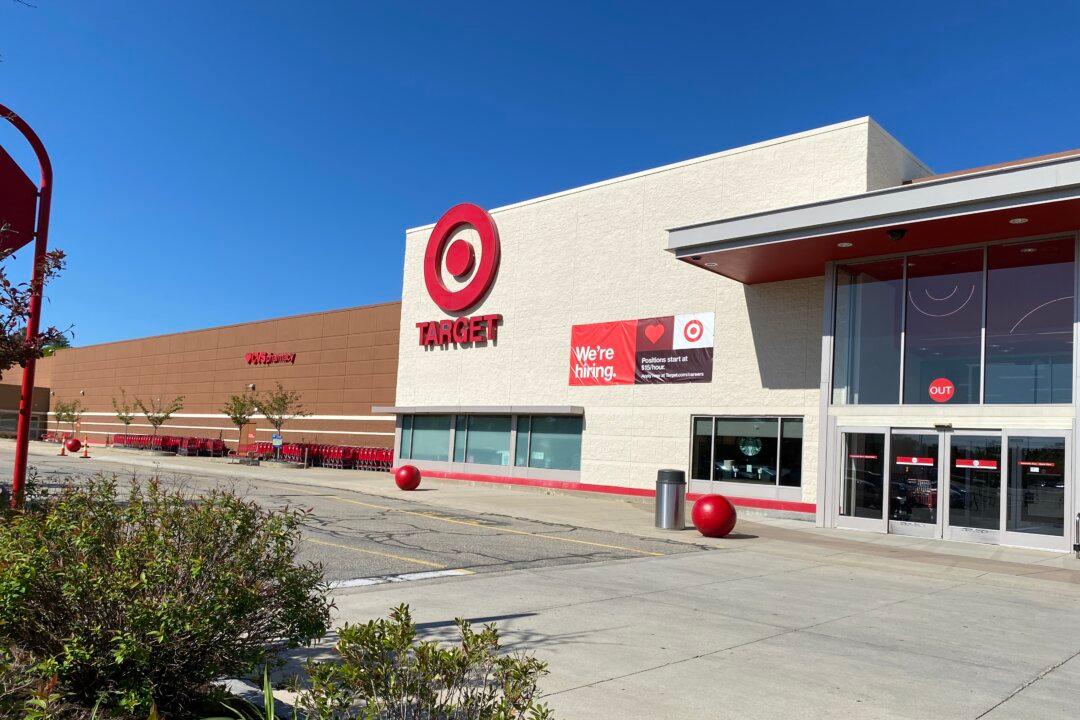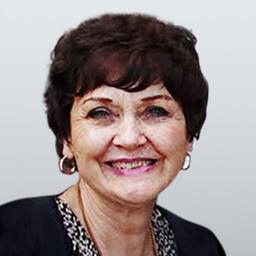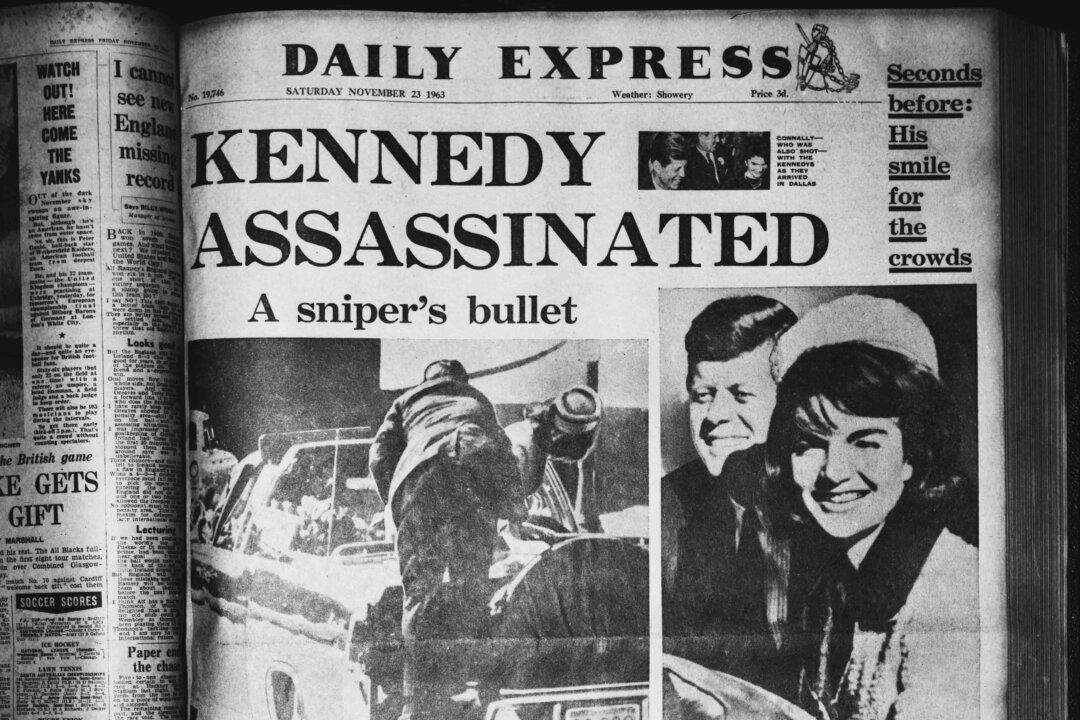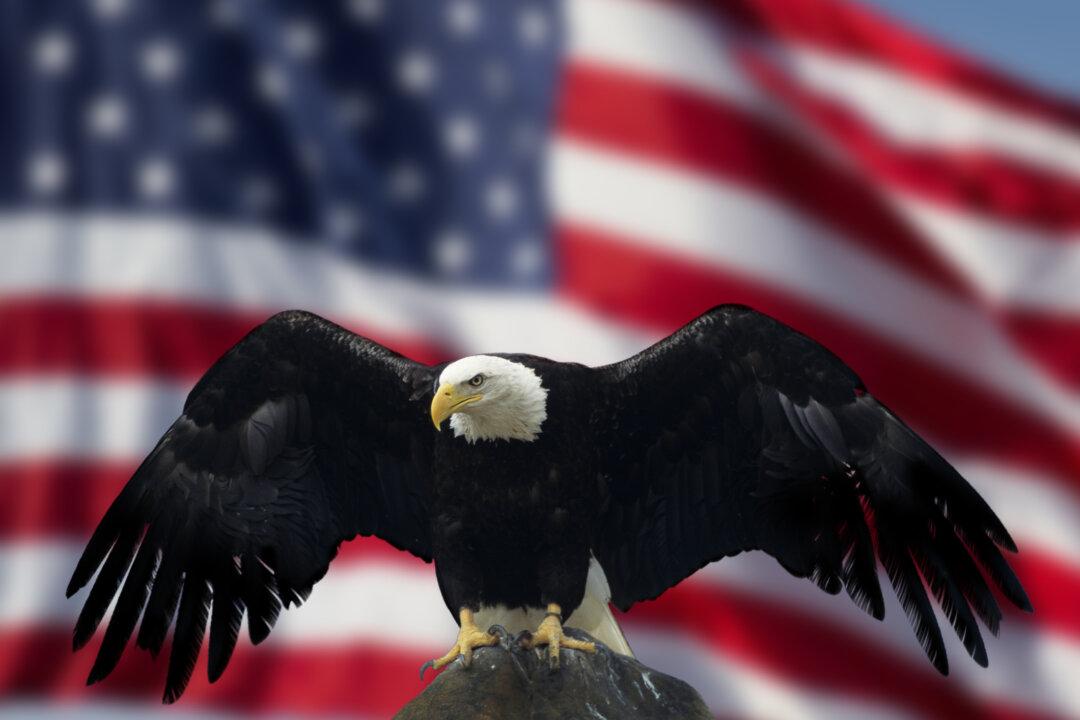Commentary
In March, people shopping at Target began noticing a new line of clothing on full display on mannequins at the front of the store—LGBT clothes, clothes from a Satanic brand, and merchandise with Satanic messaging. These included clothes for small children and onesies for babies. Also included was “tuck-friendly” clothing for males who identify as females and want to have women’s swimsuits that will hide their private parts.





